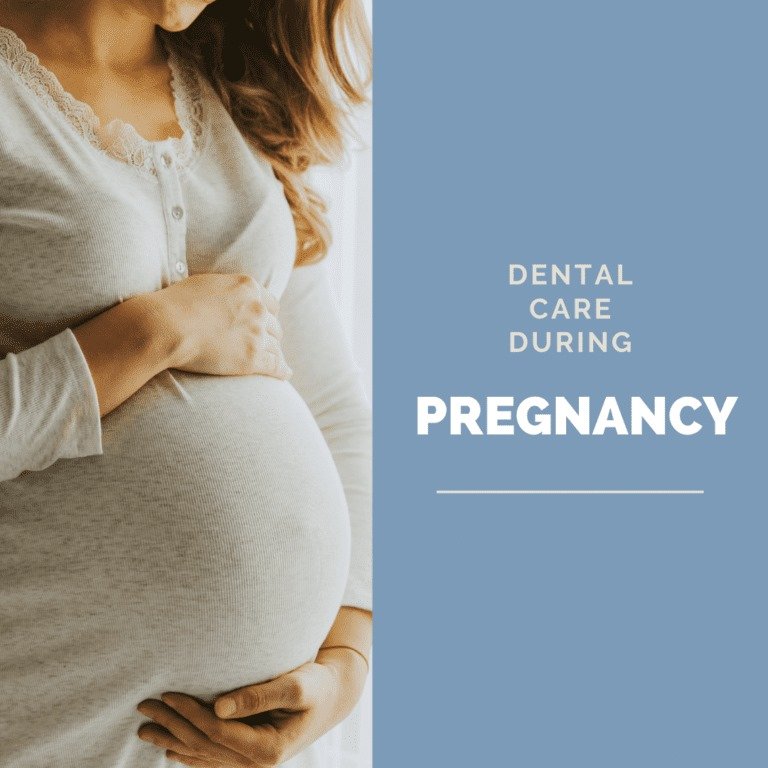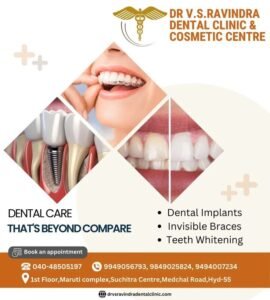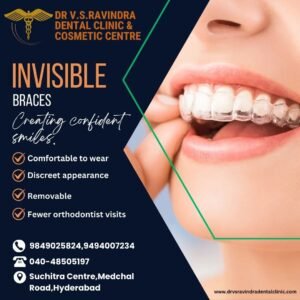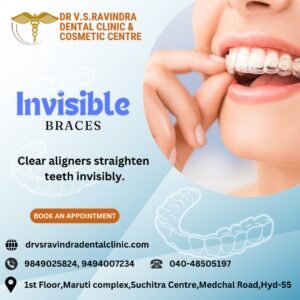Dental Care During Pregnancy: Essential Tips for a Healthy Mother and Baby
Pregnancy is a transformative time in a woman’s life, bringing with it numerous changes and considerations for maintaining both maternal and fetal health. Among these considerations, dental care often takes a back seat, yet it is a crucial aspect of overall health. Proper dental care during pregnancy is essential to prevent oral infections, which can affect both the mother and the baby. Here are some important points to consider:
1. Routine Dental Care
Routine dental care, including regular checkups and cleanings, is safe and recommended during pregnancy. Preventive dental care helps avoid oral infections and maintains overall oral health. During pregnancy, hormonal changes can increase the risk of gum disease and other dental issues, making it even more important to keep up with regular dental visits.
2. Timing of Treatments
The timing of dental treatments during pregnancy is critical. The second trimester, specifically weeks 14-20, is considered the safest period for most dental procedures. During the first trimester, the baby’s organs are developing, and the risk of teratogenic effects (developmental anomalies) is higher. The third trimester can be uncomfortable for the mother due to the increased size of the abdomen, making it difficult to lie on her back for extended periods.
3. Medications
Many dental medications, including local anesthetics like lidocaine, are generally considered safe during pregnancy. However, it is crucial to inform your dentist about your pregnancy. They will take necessary precautions and avoid medications that might harm the baby. For instance, some antibiotics and pain relievers should be used with caution or avoided altogether.
4. X-Rays
Dental X-rays are best avoided during pregnancy, especially in the first trimester. If an X-ray is necessary, proper shielding using a lead apron is employed to protect the abdomen and thyroid. The risk from a single diagnostic X-ray is minimal, but avoiding unnecessary exposure is always the best practice.
5. Oral Health Issues
Pregnancy hormones can significantly impact oral health, causing conditions like pregnancy gingivitis, characterized by swollen and bleeding gums. There is also an increased risk of cavities due to changes in diet and oral hygiene habits. Therefore, maintaining good oral hygiene practices, such as regular brushing and flossing, is essential.
6. Emergency Treatments
Dental emergencies, such as infections or severe pain, should be treated immediately, regardless of the pregnancy stage. Untreated dental infections can pose serious risks to both the mother and the baby, including preterm labor and low birth weight. Always consult your dentist if you experience any dental issues during pregnancy.
7. Diet and Habits
A healthy diet is crucial during pregnancy, and it also plays a significant role in maintaining oral health. Limit sugary snacks to prevent cavities, drink plenty of water, and avoid tobacco and alcohol, which can negatively affect both oral health and the pregnancy. Incorporating foods rich in calcium and vitamin D can also help maintain strong teeth and bones.
Frequently Asked Questions (FAQs)
Is it safe to visit the dentist during pregnancy?
Yes, it is safe and recommended to visit the dentist during pregnancy for routine checkups and cleanings. Preventive dental care helps avoid oral infections and maintains overall oral health.
When is the best time to get dental treatments during pregnancy?
The second trimester (weeks 14-20) is the best time for dental procedures. This period is considered safe for both the mother and the baby.
Can I get dental X-rays while pregnant?
Dental X-rays should be avoided if possible, especially in the first trimester. If necessary, proper shielding using a lead apron is used to protect the abdomen and thyroid.
What should I do if I have a dental emergency during pregnancy?
Dental emergencies should be treated immediately, regardless of the pregnancy stage. Untreated infections can pose serious risks to both mother and baby.
How can I maintain good oral health during pregnancy?
Maintain good oral hygiene practices, such as regular brushing and flossing, and keep up with routine dental checkups. Avoid sugary snacks, drink plenty of water, and avoid tobacco and alcohol.
Conclusion
Maintaining good dental care during pregnancy is crucial for the health of both the mother and the baby. Regular dental visits, proper timing of treatments, safe use of medications, and good oral hygiene practices can help prevent complications and ensure a healthy pregnancy. Always consult with your dentist and obstetrician to ensure that any dental treatments align with your prenatal care plan. By prioritizing dental health, you can contribute to a healthier pregnancy and a healthier baby.




